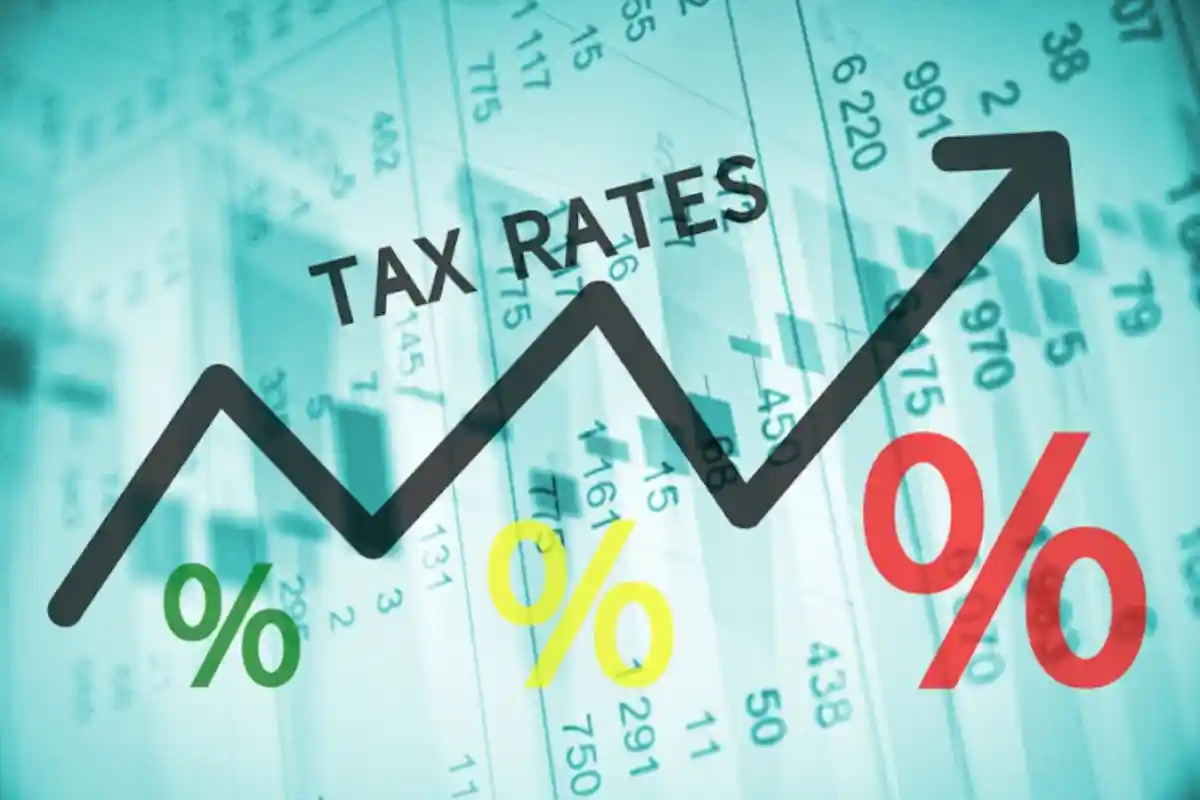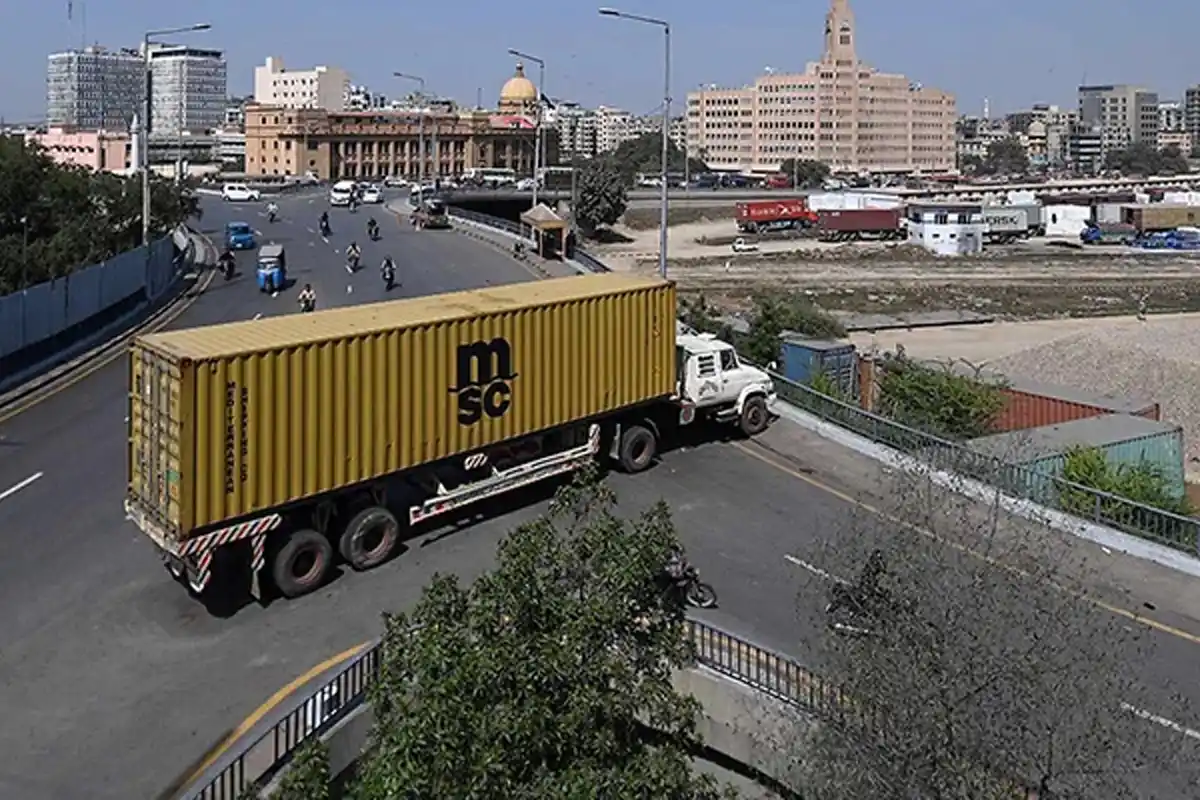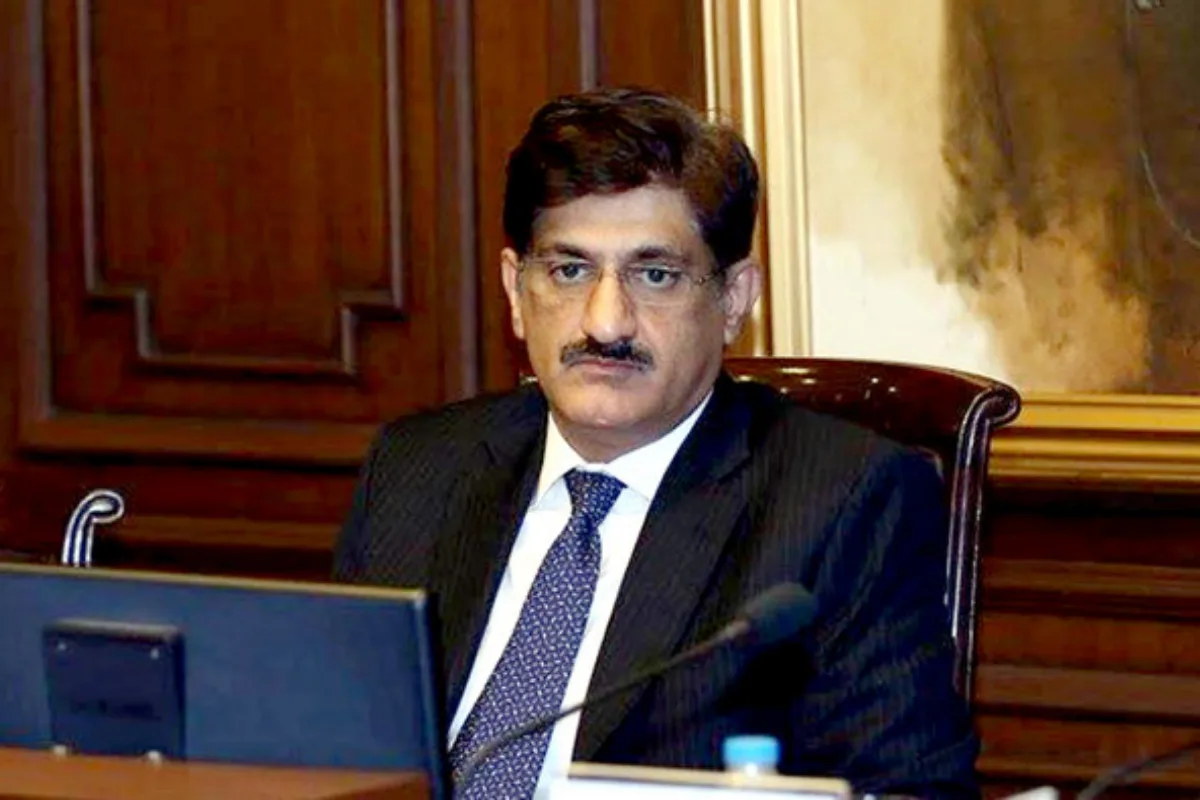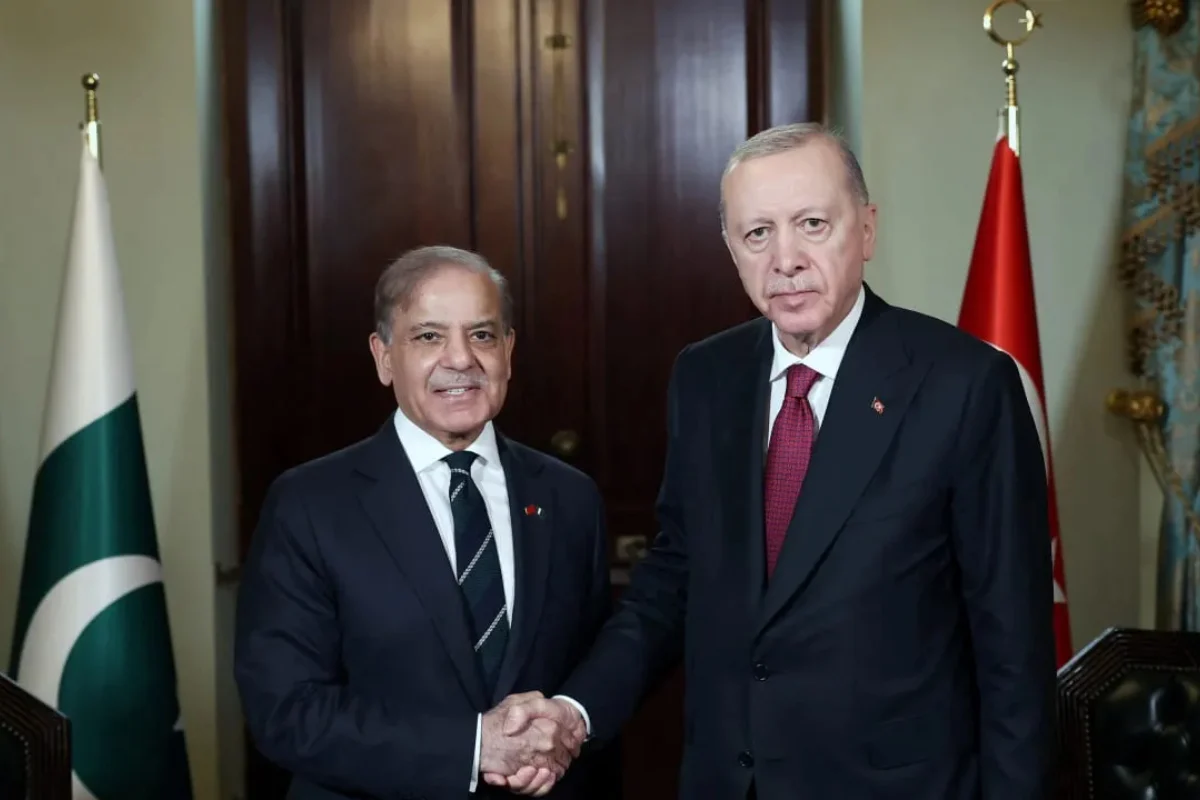Govt To Increase Taxes on Cellular Calls, Solar Products, & Cash Withdrawals

Govt To Increase Taxes on Cellular Calls, Solar Products, & Cash Withdrawals
Pakistan has assured the International Monetary Fund (IMF) that it will introduce additional taxation measures worth Rs. 200 billion in January if the country fails to achieve revenue objectives or exceeds expenditure limits during the first half of the ongoing fiscal year. The assurance forms part of efforts to maintain the continuity of the $7 billion IMF bailout programme.
According to The Express Tribune, the contingency plan includes possible increases in income tax on landline and mobile phone services and a higher withholding tax on cash withdrawals from banks. These measures will be implemented only if the Federal Board of Revenue (FBR) misses its revenue target by the end of December or if federal spending surpasses the agreed threshold.
Other proposals under review include raising the sales tax on solar panels from 10% to 18% and expanding the federal excise duty (FED) to cover items such as confectioneries and biscuits. The government is also considering increasing the general sales tax rate from 18% to 19%, a move that could yield approximately Rs. 225 billion annually. However, the priority remains targeted adjustments in withholding tax, sales tax, and FED.
The FBR is already struggling to meet collection goals, having recorded a shortfall of Rs. 198 billion in the first quarter of the fiscal year. As of October 29, total tax collection stood at Rs. 3.65 trillion, leaving the FBR with a target gap of Rs. 460 billion to close within just two days to meet the four-month target.
Among the new taxation options, the government is weighing a proposal to double the withholding tax on cash withdrawals for non-filers from 0.8% to 1.5%, which could generate around Rs. 30 billion annually. The authorities are also considering raising the withholding tax on landline bills from 10% to 12.5%, expected to add Rs. 20 billion in revenue, and increasing the tax rate on mobile calls from 15% to 17.5%, which could bring in an additional Rs. 24 billion each year.
Furthermore, a 16% FED on confectioneries and biscuits is being evaluated, projected to raise Rs. 70 billion annually. If adopted, the effective tax rate on processed food items could reach 38% after combining sales tax, FED, and other applicable levies.
The contingency taxation framework coincides with the provincial governments of Sindh and Punjab deferring the collection of the agriculture income tax at increased rates of up to 45% for one year. Meanwhile, efforts by the FBR to expand the tax base remain largely unrealized, indicating that the burden of new taxes will likely fall on existing taxpayers.
The IMF has maintained Pakistan’s annual primary budget surplus requirement at 1.6% of GDP—equivalent to Rs. 2.1 trillion—but has agreed to reconsider it once the final flood damage assessments are completed. The World Bank, on the other hand, has revised Pakistan’s economic growth forecast upward to 3%, citing lower-than-anticipated flood-related losses.
The government anticipates that half of the Rs. 200 billion in additional taxes will be recovered between January and June 2026, subject to IMF approval of final fiscal targets.
Read More: How Much House Building Advance Can Govt Employees Receive in 2025?
Catch all the Pakistan News, Breaking News Event and Trending News Updates on GTV News
Join Our Whatsapp Channel GTV Whatsapp Official Channel to get the Daily News Update & Follow us on Google News.













